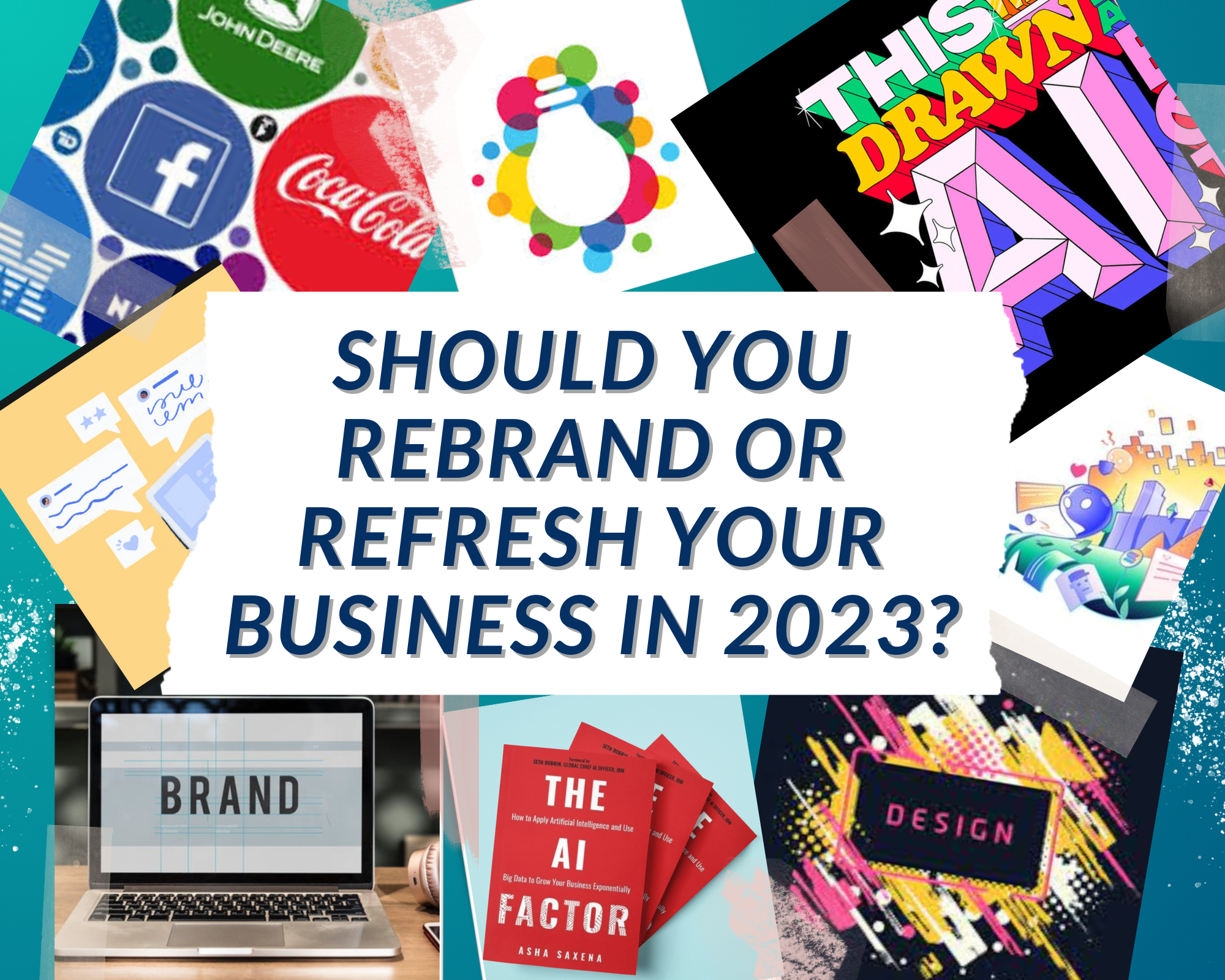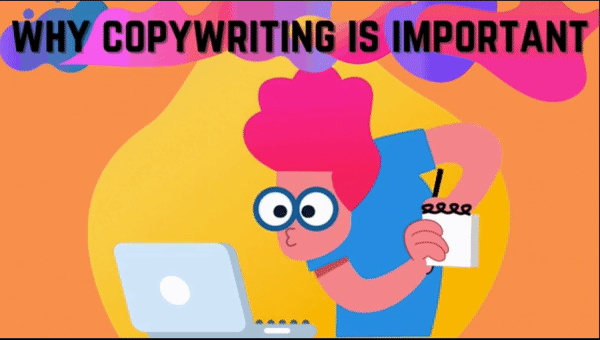If your business has been investing in paid search advertising to increase leads, generate sales, or drive brand awareness over the last few years, then you probably remember the old days when you could get AdWords clicks for under a dollar. Remember the days when the costs were reasonable and traffic was good? For many early AdWords adopting advertisers, it was an easy way to get targeted traffic and conversions.
All good things don’t last forever. Over the past decade, according to a study done by Hochman Consulting, the average cost-per-click (CPC) on Google AdWords networks has quadrupled. In 2005, the average CPC was $.38 and now it’s up to $1.58. You can still make a lot of money using AdWords, but there are inherent risks: if your campaign is poorly managed, you can spend a fortune, generate useless visits and end up with nothing to show for it.
If you are not careful, it’s easy to get caught up in a bidding war over a competitive keyword and end up spending far more than your potential return good ever give you. Even though Google AdWords is the world’s largest and most popular PPC advertising platform, it’s not the only viable option.

Now don’t lose any sleep over it, in this article we are going to take a deep dive into why certain types of companies either succeed or fail miserably on the ad platforms. We will give you valuable information so you can decide which channels you should focus your time and money on. Sound good to you? Let’s start with B2B businesses.
B2B Marketing and Sales
Usually when you are selling your product or service to other businesses, it is recommended that you target lower funnel traffic, people who are in the consideration stage and may just be searching for your software or service solution. So, for most business to business sales companies, AdWords give the best return on Ad spend or ROAS. Google Adwords is not just search, it is also YouTube video, display ads on a million sites, etc. The strengths of Google’s ad platform lies in its ability to offer advertisers unprecedented and unequaled access to potentially 3.5 billion daily searches across their search network, and their display network (which has over 2 million websites and over 650,000 apps) from users who are looking for goods and services.
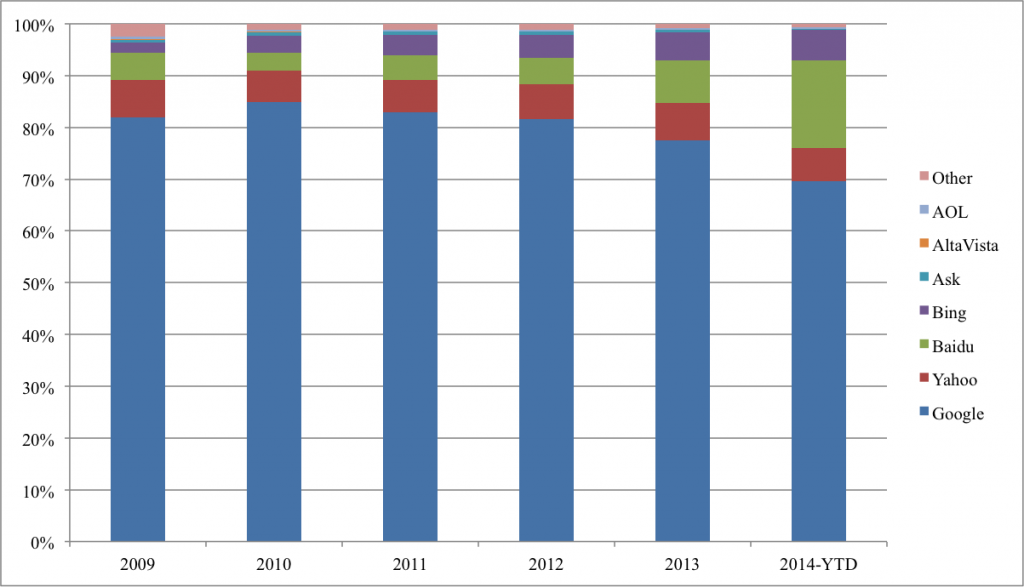
Because we are discussing B2B marketing, you might be wondering how the largest professional social network, Linkedin, could still be a relevant acquisition channel. Wordstream’s Founder says there are still 7 things he hates about Linkedin ads, but this article’s Battle Royale discussion is strictly between Facebook and Google.
Facebook has made some changes recently to compete for ad spend in the B2B marketing space and is allowing choice companies to create audiences based on industry, job title, company size, seniority, job role, employers and office type. As another feature, you now can create Lead Ads, which basically auto-populate the Facebook user’s contact information, in the form, and allow users to include and add three (3) additional fields to further the targeting specifics and quality of the lead to your sales team.
For some types of businesses, these features make Facebook ads a decent fit for their B2B campaign advertising efforts, especially for companies that are interested in generating awareness or top of the funnel lead prospects.
Even if you allocate the majority of your PPC budget to AdWords, it’s a good idea to test ads on Facebook also. As a general rule of thumb, and after the experience of managing hundreds of campaigns, we have noticed that the leads and quality of B2B traffic you get from Facebook tends to usually be lower than what you would receive through the AdWords’ networks.
Retargeting / Remarketing
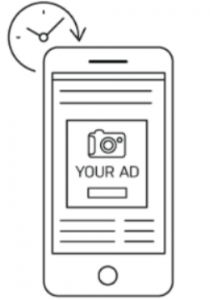
AdWords vs. Facebook

B2C Marketing
We just reviewed that, for B2B businesses, AdWords has the advantage. But for the consumer-facing B2C businesses, Facebook’s platform is the leader. One of the reasons is that over 4 million small businesses chose to advertise with Facebook is because Facebook has the highest number of monthly active users (MAUs) at over 1.71 billion. This is the highest number of any social network in the world, which has made Facebook a highly competitive and potentially lucrative element of many B2C businesses digital advertising strategies.
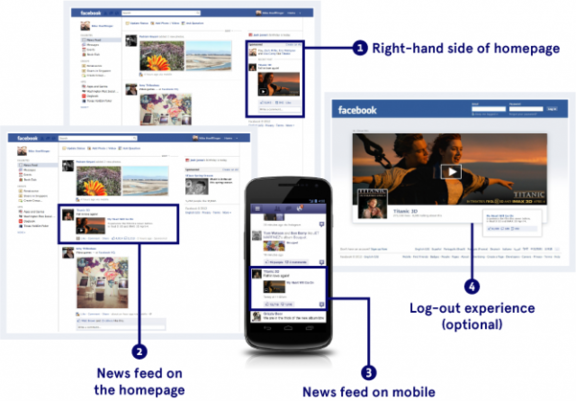

 Another reason to investigate further is the cost-per-click!
Another reason to investigate further is the cost-per-click!
What is the opposite of B2B advertising, where your LTV can absorb a relatively expensive CPC (because the price for the sale can be much money?) B2C marketing is usually more cost sensitive. For our average B2C client, let’s use a consumer electronics manufacturer as an example, the CPC is around $1.00. In contrast, this same client’s pay around $4.00 for a click on Google AdWords.
Guess what?
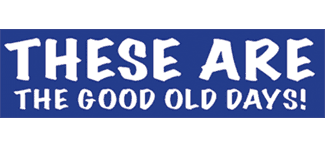
As an example, say you have an 8% conversion rate on AdWords and a 3% conversion rate on Facebook:
- If you are paying $4.00 per click on AdWords, each AdWords conversion costs you $50.00.
- If you are paying $0.70 per click on Facebook, each Facebook conversion costs you $23.33.
When Facebook May Not Be the Best Option
Although Facebook is usually a good ad platform for B2C companies, there certain circumstances that make AdWords a better choice.
Specialized or Niche Products
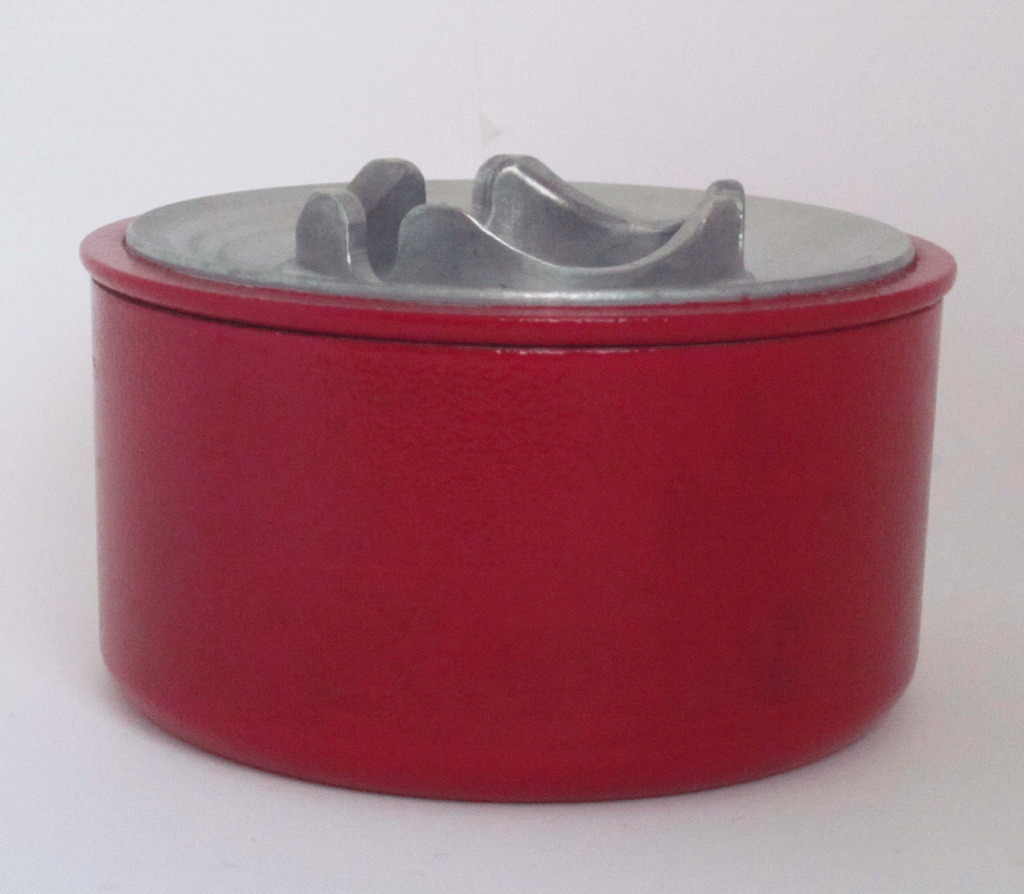
As an example, say you own a company that makes designer ashtrays. In some cases, despite your most valiant efforts, you might not get a lot of conversions, which then means that Facebook’s algorithm won’t have a lot of data to work with. And, since who ends up seeing your ads is largely reliant on Facebook’s algorithm, the smaller your target audience is and the harder it will be to get quality traffic and conversions from using Facebook ads. We are not saying that you cannot use Facebook to market niche products, but our experience has found that AdWords often generates a higher initial return on investment (ROI).
Expensive Products
People usually go on Facebook when they are bored or to check to see what their friends are up to. So, as a general rule, Facebook clicks and conversions tend to more of an impulsive decision rather that deliberately looking for products or services. People are searching for your product, but they may see your ad in their feed and decide they want what you are selling or offering. And even though there are wealthy people on Facebook, this may work great if you are selling $150 women’s purses. New cars or homes? Not so much.

Sure, the pictures of the car above might be exactly what they end up buying, but not a lot of people are going to see a picture like this on Facebook, head directly over to the Tesla website and make a $100,000 purchase.
If someone is on Google searching for “buy a new Tesla Model S”, he or she has to have probably thought about the investment cost and are ready to buy. As a rule, unless your brand is really well known, if your product costs over $500, you might have a difficult time getting people to make a purchase from Facebook ads. Yes may entice them to click, but most people need to think seriously about purchase of that magnitude.
Let the Data Guide Your Decisions
It does not matter what the offer is or who the offer’s target audience is…smart marketers will make their decisions based on data. No matter how big your company, every investment needs to produce profitable dividends for it to make sense. You need to understand your profit margins and see if it makes financial sense to use PPC advertising. According to an article on Investopedia, a healthy business has a 25% profit margin.

So yes, your ROI might be lower with Facebook, but running ads on Facebook will allow you use that extra $2,500 to both drive additional revenue to your company and build brand awareness that could translate into added search volume for your AdWords campaign. Now on the other hand, maybe your initial ROI from your Adwords campaign was 6x and your Facebook’s was 3x, but what about your total customer LTV?
As a general rule of thumb, we recommend that if customers from Facebook have 2x the LTV of AdWords’ customers, it might be a good idea to put most of the company budget into Facebook.
Conclusion
Image credit: TryAdHawk
Facebook vs. AdWord’s– which paid acquisition channel is right for your particular business?
Although advertising on Facebook can be thought of as somewhat similar to AdWords, in that advertisers using both platforms are essentially promoting their business via the Internet, this is where the similarities end. Unlike paid search, which helps businesses find new customers via keywords, paid social helps users find businesses based on the things they’re interested in, and the ways in which they behave online. If you include video, display, search, and other tools in their appropriate uses based on your business goals and the stage of the customer journey you’re addressing, you can really do some damage with AdWords. If your product is something new and requires some “introduction” go for Facebook ads. As it allows you attract user’s attraction and provide a brief description on what you’re trying to sell.
There are many factors that go into analyzing and ultimately determining which pay-per-click platform is right for your business, however, if you are looking for a place to start, consider the following:
- B2C Businesses: start with Facebook, unless you’re selling products in small niche markets, or ones that cost more than $500, in which case you start with AdWords. You should consider using maybe 10-20% of your ad budget to test on your non-primary market.
- B2B Businesses: start with AdWords and retarget on both Facebook and on AdWords Display network. You also could try testing Facebook for your business using 10-20% of your monthly ad budget on them.
Harnessing the power of both paid search and paid social is a remarkably effective advertising strategy. However, it necessitates a dual advertising strategy that aligns with the strengths of each respective platform.
If you’d like me to take a look at your business or your current marketing efforts and help you decide if Facebook or AdWords deserve more of your attention, let us know here or in the comments.

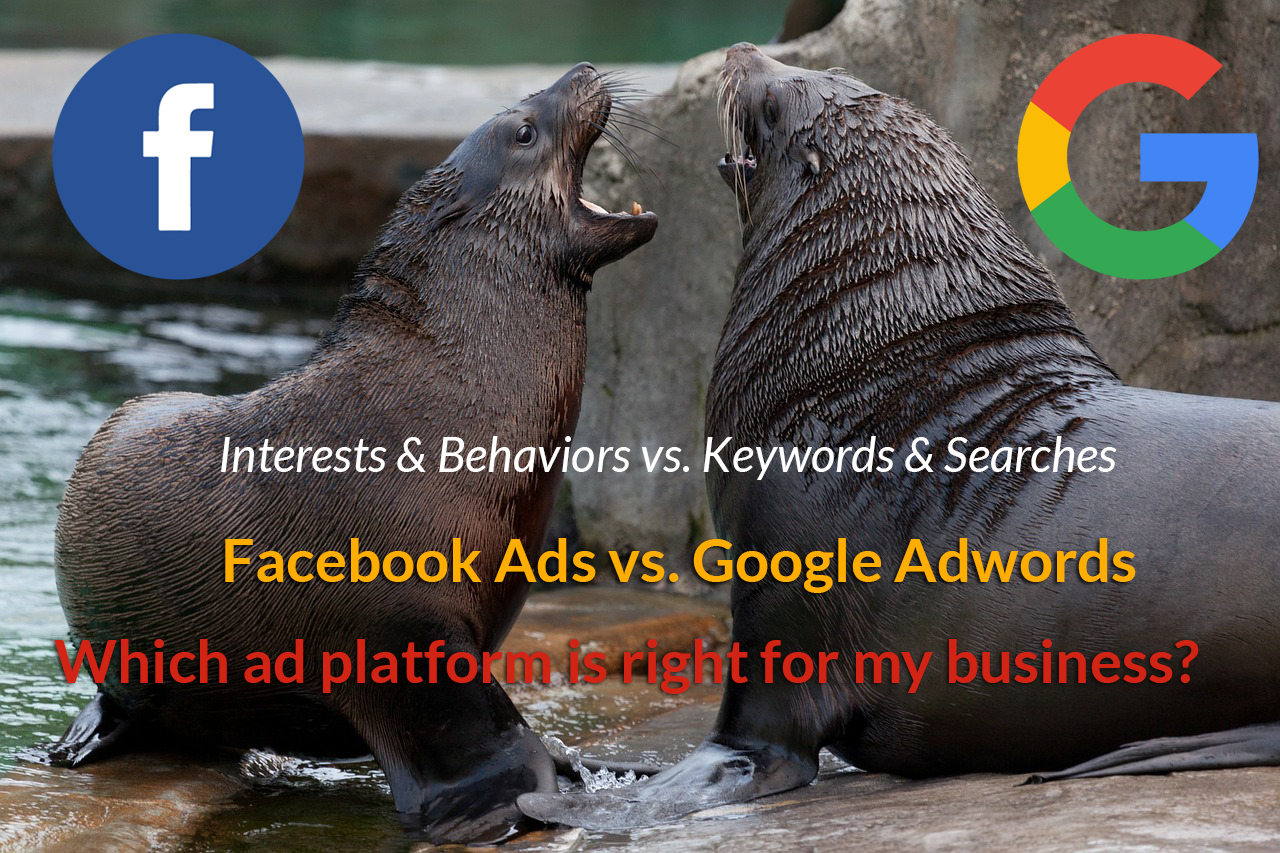
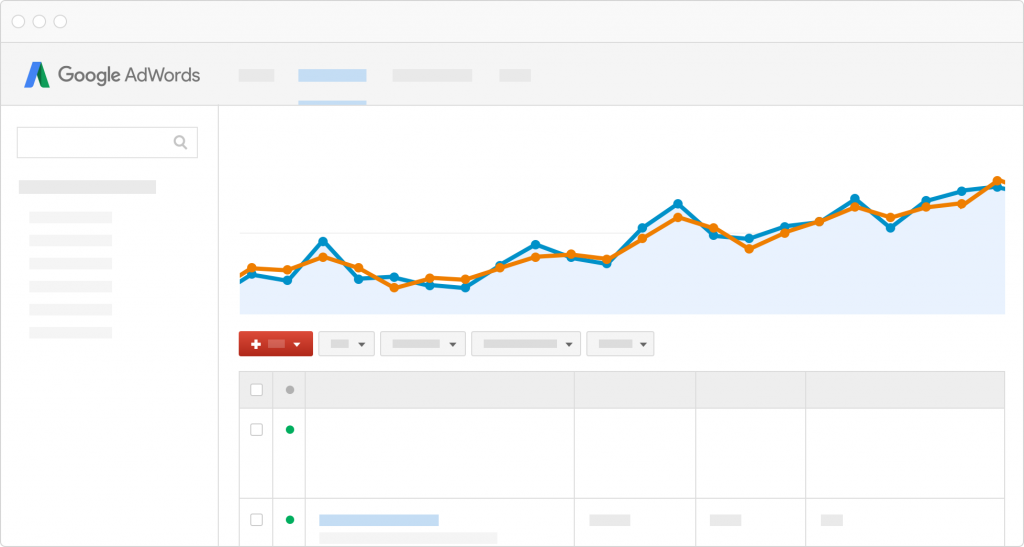

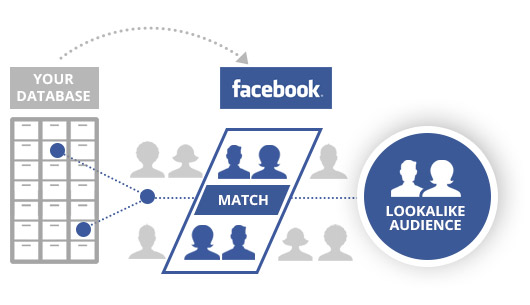 Another reason to investigate further is the cost-per-click!
Another reason to investigate further is the cost-per-click! 
